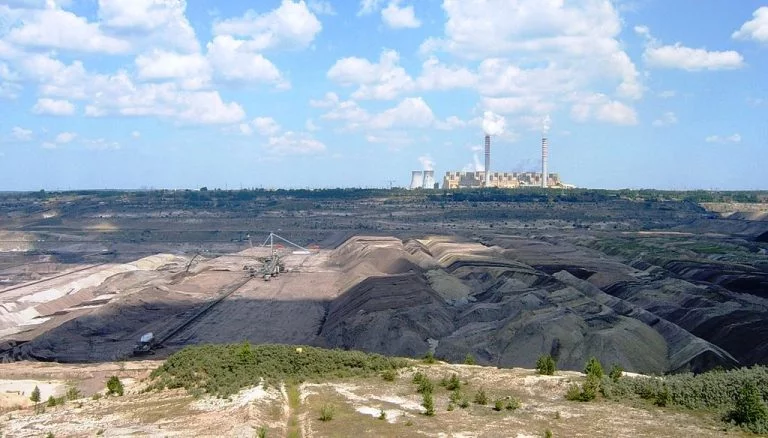Institutional investors concerned about climate change have asked governments to set tougher policies at the COP24 conference in the Polish coal-mining hub of Katowice.
The United Nations’ annual climate change summit is trying to finalise the operating rules of the 2015 Paris climate agreement.
The 415 investors overseeing US$32 trillion in assets signed a letter asking the 195 countries to stamp out thermal coal, set a price on carbon emissions and axe fossil-fuel subsidies. The signatories, including Allianz, HSBC and Schroders, said climate change threatened their holdings and coordinated policies could reduce the risk.
“The global shift to clean energy is underway, but much more needs to be done by governments to accelerate the low carbon transition and to improve the resilience of our economy, society and the financial system to climate risks,” the group of investors said.
“This is permanent economic damage three or four times the scale of the impacts of the 2008 global financial crisis while continuing to escalate,” the group said. “Much more needs to be done by governments to accelerate the low-carbon transition.”
Last week, Royal Dutch Shell said it would set new goals around cutting emissions after months of pressure from investors.
Failure to act could lead to permanent economic damage three or four times the scale of the impact of the 2008 financial crisis, estimated UK asset manager Schroders.
Governments needed to commit to improving climate-related financial reporting to help investors better assess the risk and allocate capital accordingly.
“The reality is that the long-term nature of the challenge has, in our view, met a zombie-like response by many,” said Chris Newton of IFM Investors.
The coalition of investors recommended nations put a price on carbon with a tax on greenhouse emissions between US$38 and US$100 a tonne. Currently, 75 per cent of emissions are covered by carbon prices of less than US$10 a tonne, the letter said.
Canada’s environment and climate minister Catherine McKenna said she wanted to speed up the global transition to a low-carbon economy, while at home the federal government faces provincial opposition that could make it harder to achieve Canada’s carbon targets.
Canada has committed to reducing greenhouse gas emissions by 30 per cent below 2005 levels by 2030 but Canada’s most recent assessment suggests current policies would leave the sprawling state around 66-megatonnes above the 517-megatonne target in 2030.
Poland’s Belchatow power station, Europe’s largest coal-fired power plant. Picture credit: Wikimedia
Did you like it? 4.4/5 (26)






